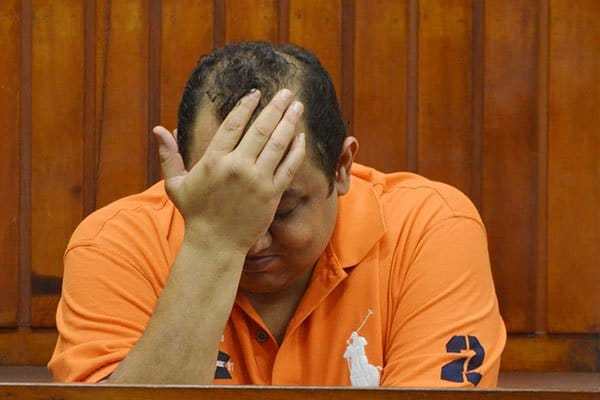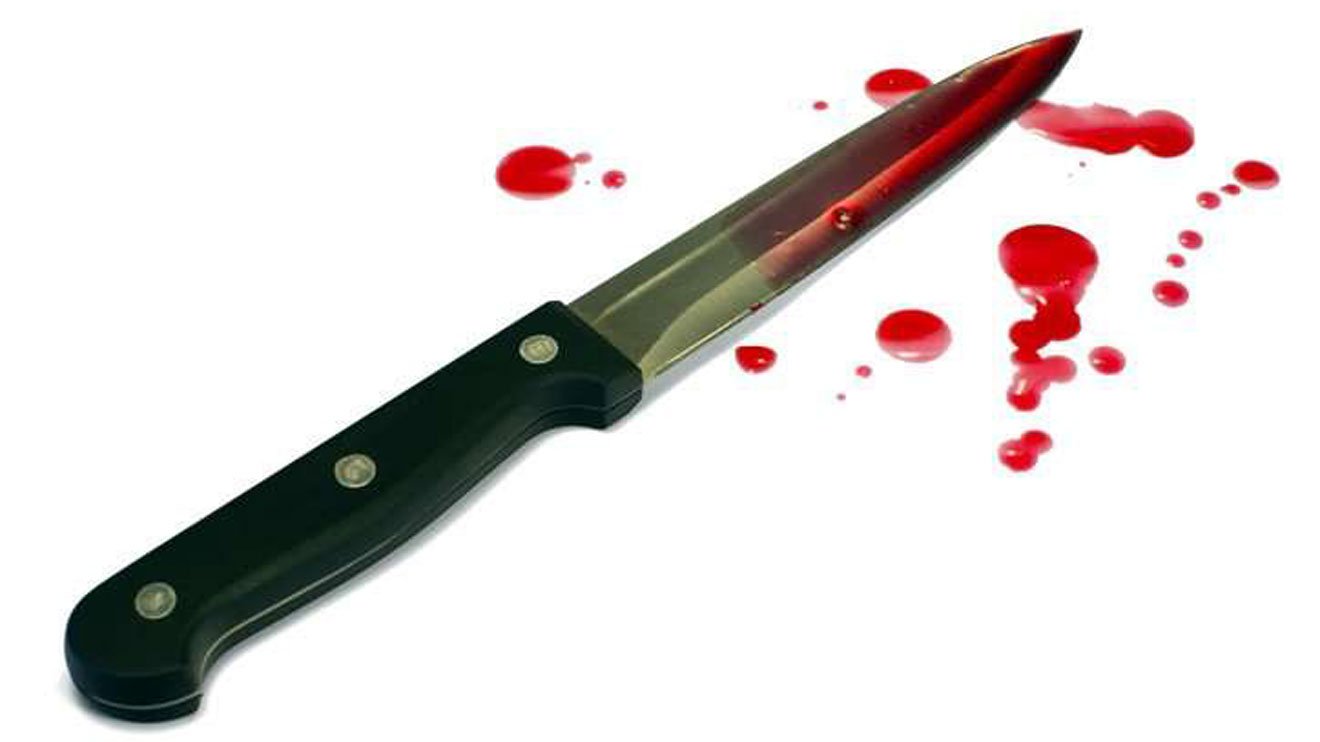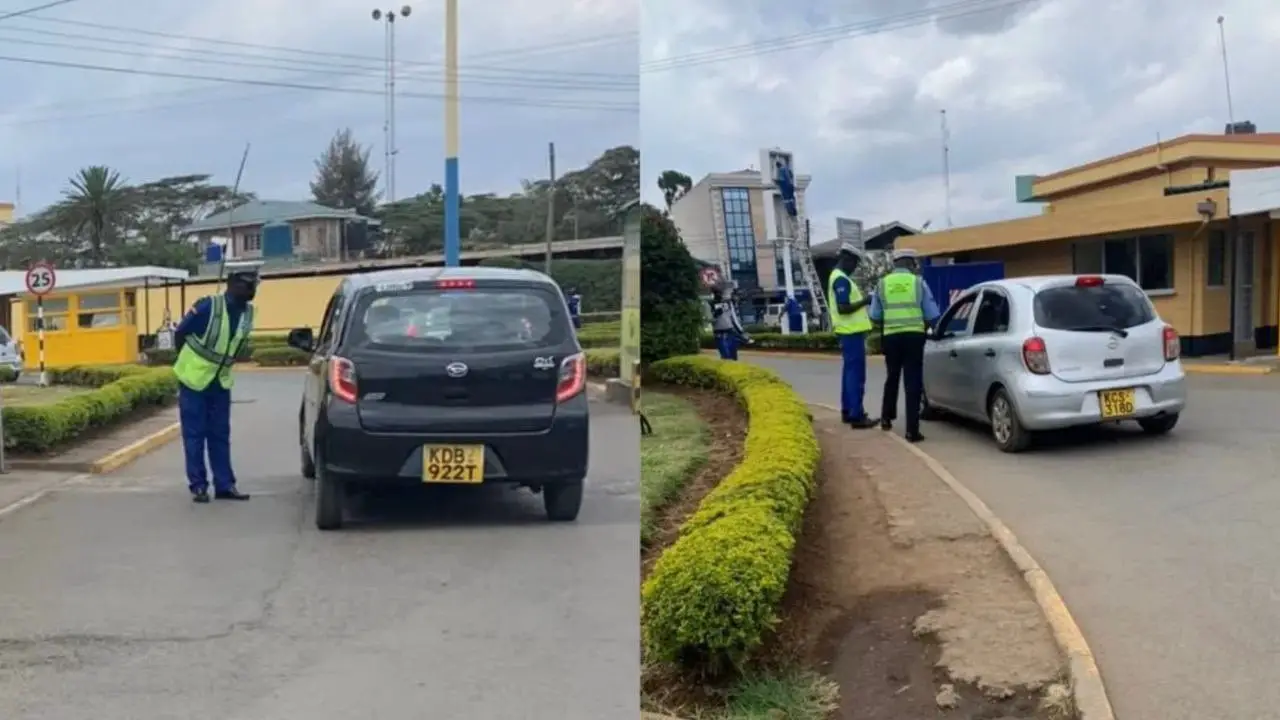
On 16th August 2019 Baktash Akasha was sentenced to a mere 25 years in jail and fined USD 100,000 (Ksh. 10 million) by a New York Court. The Akasha brothers pled guilty to 6 counts of drug trafficking and illegal use of firearms, charges that usually result in life imprisonment.
So why such a lenient sentence?
There are more curiosities about Baktash’s sentencing beyond the lenient sentencing. First, the prosecutor did not raise any objections to the light sentence and secondly, rather that put his entire wealth which is approximated at nearly Ksh. 6 Billion into civil forfeiture, the light bite Ksh. 10 million was fined again without objection.
Thirdly, though arrested and charged jointly, Baktash was sentenced alone with Ibrahim Akasha due for sentencing in early November.
What does it all mean?
In the case of Baktash, these are the tale tale signs that a plea deal was agreed between the US prosecutor’s office and Baktash. A similar path was taken on notorious 1970s drug lord Frank Lucas whose life sentence was reduced to 5 years (time served) once he entered a plea deal and led to the arrest of over 100 drug dealers, corrupt police officers, customs officials and judges.
Plea deals are a crime fighting weapon in the US that are responsible for taking down drug dealers and the Italian and Irish mobs.
The Baktash Akasha plea deal, while not the most lenient, is very troubling for his associates back in Kenya.
The star witness in convicting the Akashas was their long-time associate Vijay Goswami. He provided dates, places and names of people the Akashas did business with and officials bribed in Kenya to allow their drug empire to grow. While his testimony was enough to close the case on Baktash, cooperation and corroboration by the Akashas would more than seal the fate of the persons named in the over 3,500 pages of testimony provided by Goswami spanning the years between 2009 and 2017.
The most adversely named persons are lawyer Cliff Ombeta, judge Dora Chepkwony (who was stationed in Mombasa), judge Aggrey Muchelule (who became a business associate),judge Chacha Mwita (who offered judicial protection) and Deputy Chief Justice Philomena Mwilu (involved in a money laundry racket through a third party).
Other judges and lawyers are mentioned as well with the meetings taking place on the sidelines of judicial conferences and retreats or abroad during the peak holiday season.
With Baktash’s plea deal, bank accounts and transfer dates including transferred amounts will become state’s evidence against the associates and accomplices of the Akasha empire. Vijay Gosami surrendered into evidence his ledger, the black book that prosecutors love for detailed book keeping.
So what does it mean? It means the curtain is about to come down on about 100 senior judges, lawyers, members of parliament, former governors and current members of the governors and senator’s councils.
Sentencing Baktash ahead of Ibrahim could also be strategic pressure. The message is very clear to the junior Akasha brother; cooperate or you get life.
What’s better than two corroborations of guilt? Three, and if Ibrahim caves between now and November 8th, there will be nowhere to hide for the corrupt of Kenya.

















































